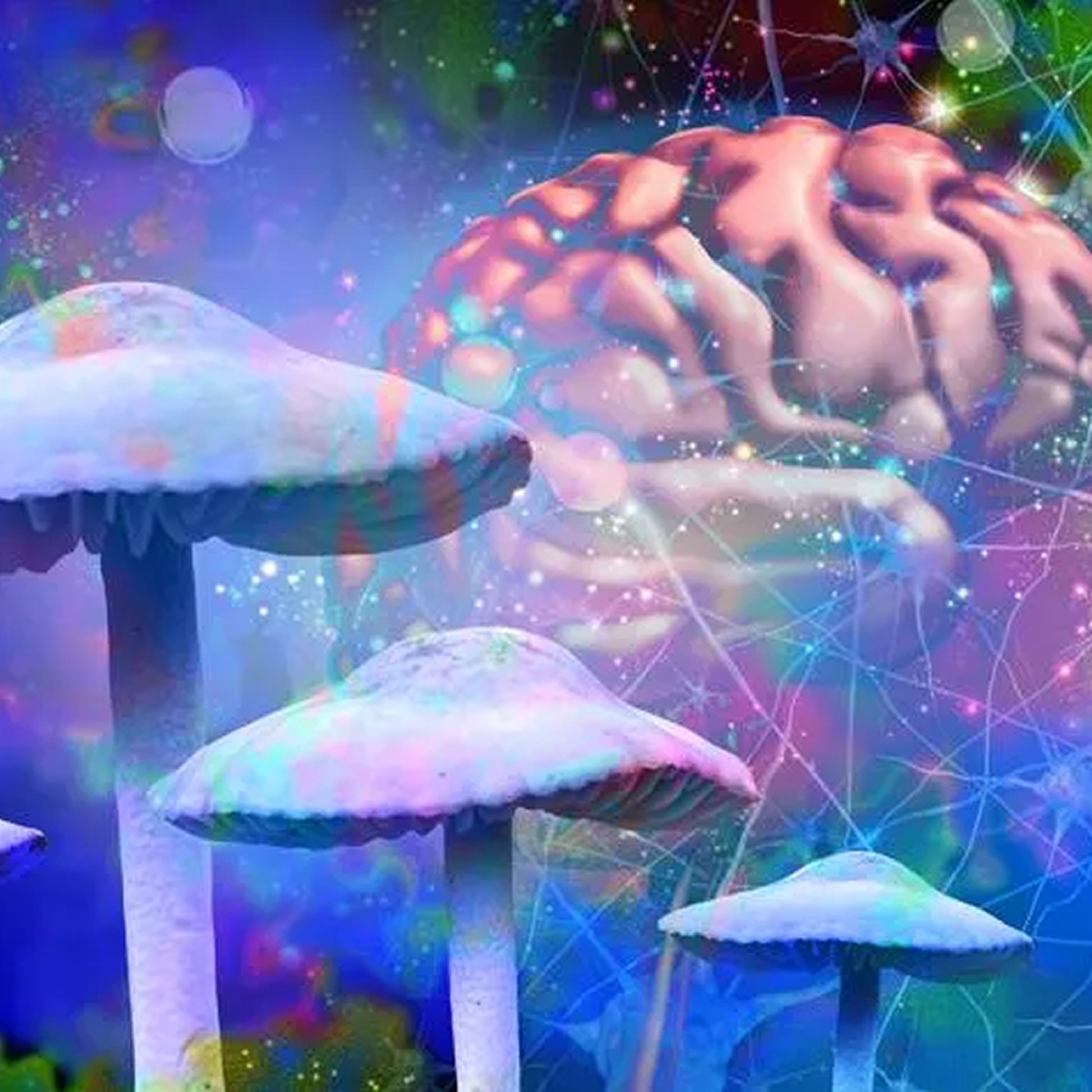
member portal
Please enter the password to access the member portal.
16 November 2023

Original Story: Forbes Story
He was a 38-year-old veteran officer with the New York Police Department responding to a call one morning when the building he had just exited suddenly exploded, injuring him, civilians, other officers and killing one first responder. The devoted husband and father was diagnosed with a traumatic brain injury and was gripped by anxiety, depression and post-traumatic stress disorder, which drastically changed his life. I recently met him through a colleague and his story resonated as it sounded like many of the patients I had cared for over the years.
He was placed on one medication after another with no clear benefit but lots of side effects. Finally in 2020, four years after his accident, he stopped all his medications cold turkey and decided to try something different. He joined the over 7 million Americans who used psychedelics and other hallucinogens that year.
Psychedelics have the potential to treat post-traumatic stress disorder, anxiety, substance use disorders, depression and other psychiatric conditions. “In our newly established Interventional Psychiatry program, where we aim to treat depression, post-traumatic stress, and other disorders that have not responded to traditional treatments, we anticipate that the use of Ketamine, psilocybin, MDMA and other medications will provide much-needed alternatives for our patients,” said my colleague Dr. Stephen Ferrando, Professor and Chair of Psychiatry at New York Medical College as well as Director of Psychiatry at WMCHealth.
There have been hundreds of clinical trials evaluating psilocybin, LSD, ibogaine as well as other hallucinogens like MDMA and ketamine. This includes phase3 clinical trials like the one at the University of California San Francisco that showed psychedelic-assisted therapy reduced PTSD symptoms and functional impairment in a diverse population with moderate to severe PTSD. Results like these have led to increased excitement about psychedelics and contributed to researchers speculating that positive clinical trial results could lead to FDA approval within a year. This is a big deal. Here’s why we should care about this.
An estimated 22% of adults in the U.S. are living with mental illness, including one-third of young adults aged 18 to 25. Unfortunately, a large portion of them continue to suffer with anxiety, depression and other symptoms despite using the available behavioral and pharmacologic treatments, and many may go so far as to attempt or even complete suicide.